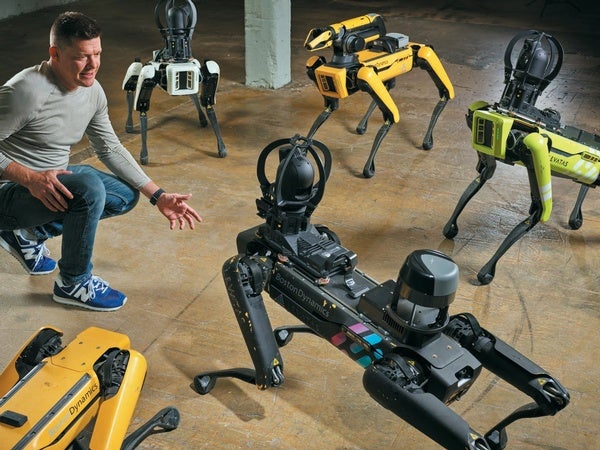 |
| February 20, 2024 |
Researchers have been building robots for decades. But now, those researchers are inserting large language models (like ChatGPT) into robots, enabling the machines to adapt to the world around them. Technologists are debating the wisdom of pairing these two technologies. Read more in this week's top story. |
| |
 |
| |
| |
| |
| |
| Climate Change AI Reveals Hotspots of Climate Denial Echo chambers of climate denial on social media are strongest in the U.S. Midwest and South and in states that depend heavily on fossil fuels | | By Chelsea Harvey,E&E News | | | |
| |
| |
| |
| |
| QUOTE OF THE DAY
 "The way things are now, the language understanding is amazing, and the robots suck. The robots have to get better to keep up." Stefanie Tellex, a roboticist at Brown University who works on robots' grasp of language. | |
FROM THE ARCHIVE
 | | | |
LATEST ISSUES
 |
| |
| Questions? Comments?  | |
| Download the Scientific American App |
| |
| |




















